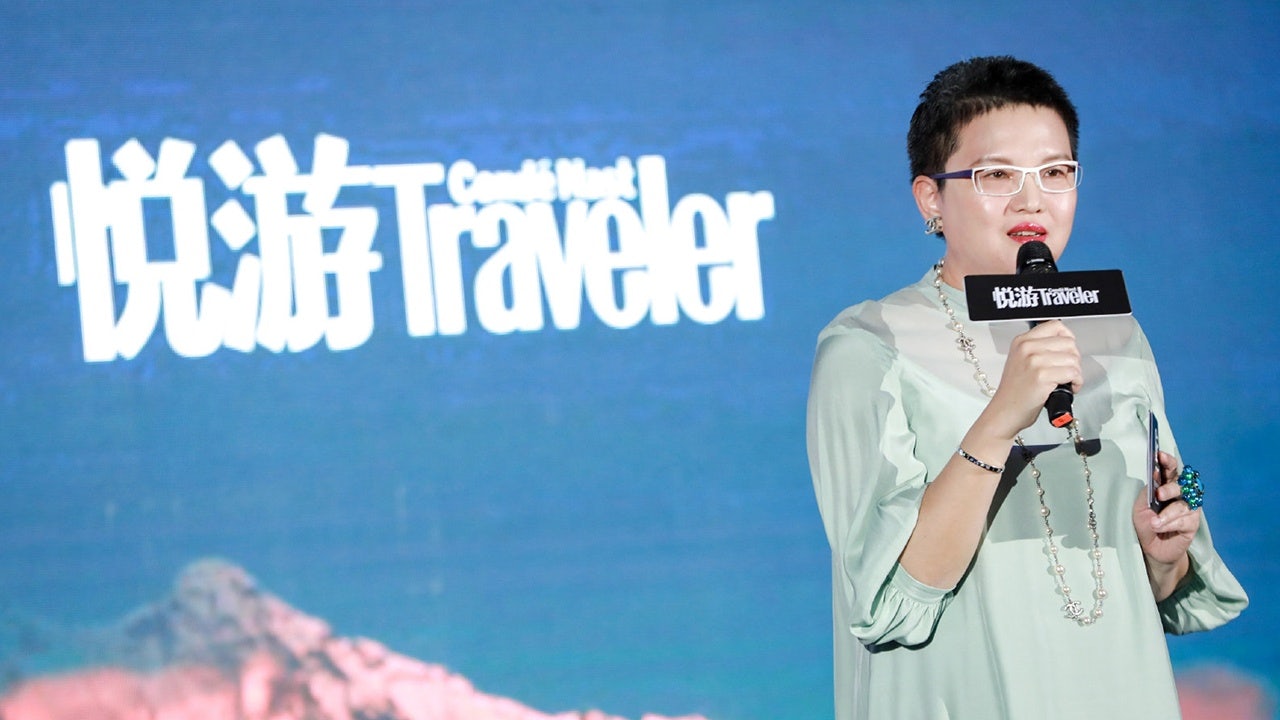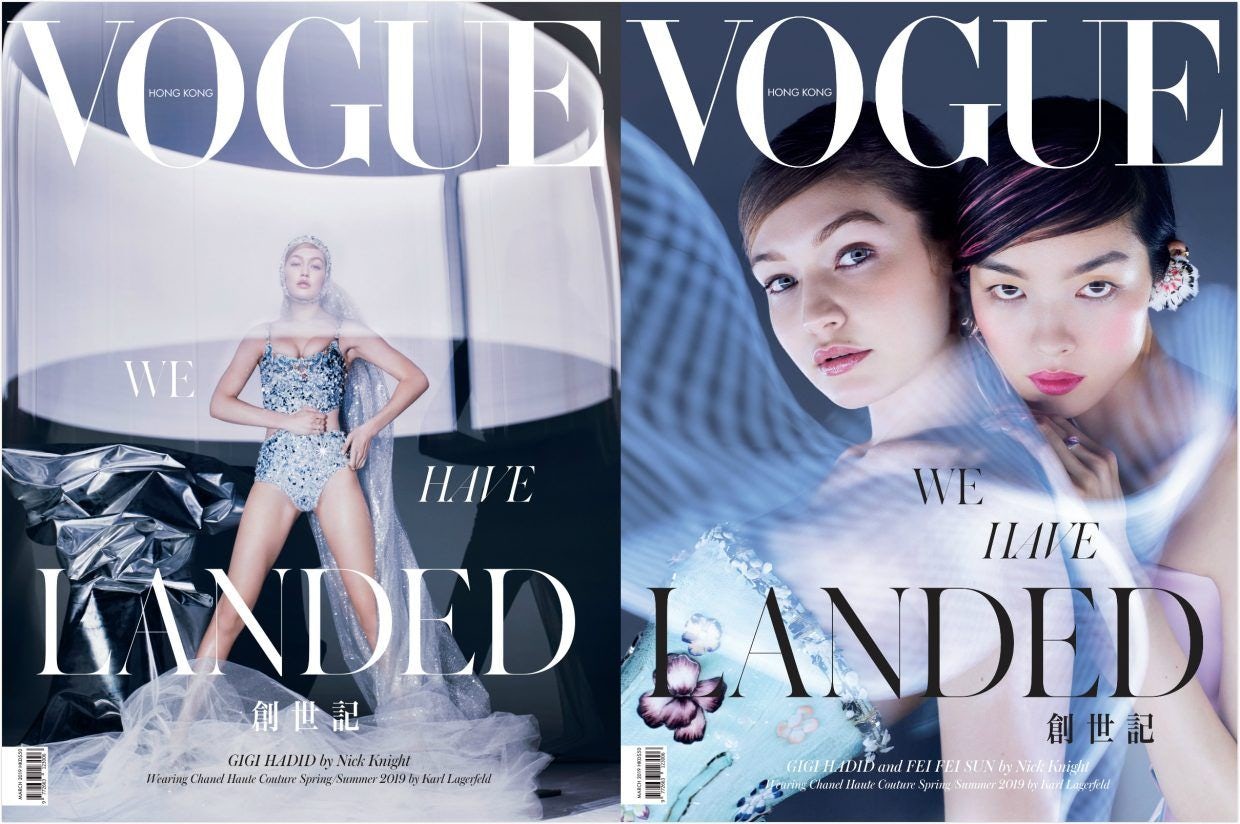What happened
Sophia Liao, the former president of Condé Nast China who was ousted in September 2020 after 20 years with Condé Nast Group, has won a labor arbitration case against her former employer, according to WWD. Condé Nast China has already appealed the decision.
Liao talked about the messy situation, saying she believed it was a case of wrongful employment termination. According to Liao, her firing was illegal, violating Chinese law. This month, the Beijing Chaoyang District Labor Personnel Dispute Arbitration Commission ruled that it “does not accept the company’s claim about the discharge, and the commission accepts Liao’s claim that Condé Nast China has unlawfully discharged its labor relations.”
Liao said, “for me, the result of this arbitration is final,” even though Condé Nast China has appealed the result. “It confirmed that the company either really thought it was legal and didn’t know it was illegal or knew it was illegal and still insisted on breaking the law; the former is a matter of professional competence, and the latter is a matter of moral bottom line,” Liao added.
She also stated that her dismissal had to do with “major differences in values and business points of view.” “To put it bluntly," she said, "it is very simple. We can not see eye-to-eye. I was the president who was trying to make the Chinese branch of an American business the most localized operation, and the other side is a single-minded headquarters trying to centralize all the power to New York. The two sides have such major differences in values and business points of view that we were destined to split.”
The Jing Take
While Liao won the arbitration case, WWD highlights how the commission refused to rectify the situation. In fact, the commission dismissed her request for reinstatement, denied compensation, and rejected her request for continued performance of the employment contract.
In recent years, Condé Nast has been mired in various scandals. From allegations of corruption against Paco Tang, the group's publisher, to the selection of model Gigi Hadid for its inaugural Vogue Hong Kong magazine. It seems like the publishing group cannot stay out of trouble.
Condé Nast could have handled the Liao situation better instead of secretly searching for replacements from Liao’s clients and interviewing them. Nevertheless, it is worth noting that Western companies use the same practice. Essentially, this is just an ethical issue, and most companies understand that they have a moral responsibility towards their employees.
As for Liao, she also could have managed the process better. Any person with her experience and functional skills will find a job easily as long as they don’t speak badly about a former employer. Speaking ill over her termination from Condé Nast will do little to solve Liao’s problems. Clearly, both sides could have found better ways to manage this conflicting situation.
The Jing Take reports on a piece of the leading news and presents our editorial team’s analysis of the key implications for the luxury industry. In the recurring column, we analyze everything from product drops and mergers to heated debate sprouting on Chinese social media.

